Michael Denner (ex-Mercyful Fate, King Diamond)
2020-12-09
by Niklas Göransson
The circle is broken forever; an in-depth conversation with Danish guitarist Michael Denner, revisiting his many years as a key member of heavy metal titans Mercyful Fate.
The following is an excerpt from the full article, which is twice as long and published in Bardo Methodology #6. The same issue also includes conversations with FUNERAL MIST, DEAD CAN DANCE, DEATHSPELL OMEGA, SUNN O))), MYSTICUM, ADORIOR, Metalion, Dave Haley, OFDRYKKJA, NECROS CHRISTOS, TEITANBLOOD, and Wim Hof.
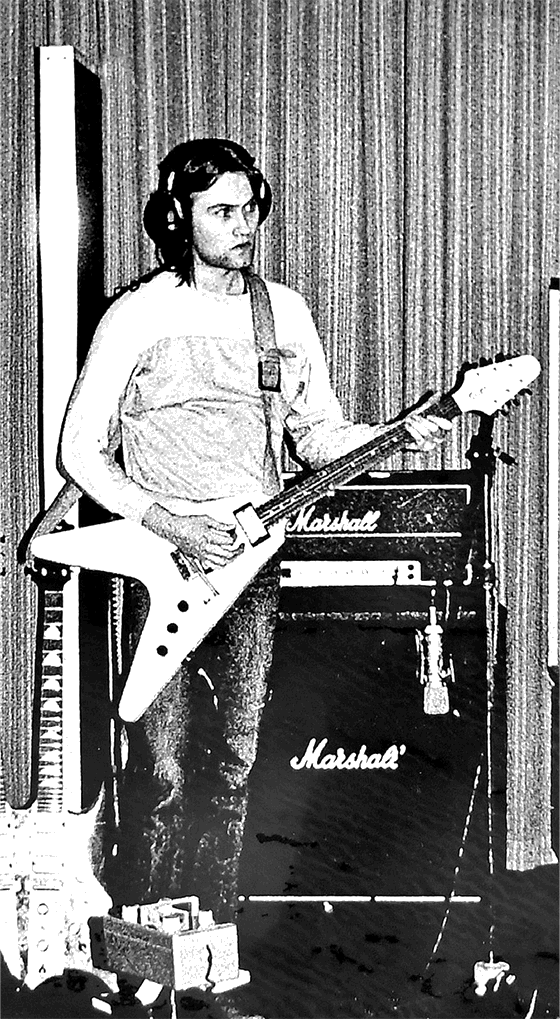
This excerpt picks up the conversation at the recording of MERCYFUL FATE’s debut album, “Melissa”. It was recorded in Easy Sound Recording in July 1983 and then released by Roadrunner two months later. Some of the songs were already several years old at this point; “Curse of the Pharaohs”, for instance, was first found on the 1981 BRATS demo under the name “Night Riders”.
– The studio was extremely expensive, so we only had a few days to record and mix the whole album. But we went in well-prepared and shared a deep friendship among us – fully intent on making it the best and heaviest album of all time. This guy in charge of the production, Henrik Lund, was used to all these pop bands and the left-wing folk shit from Danish radio. Very early in the recording process, we said, ‘This guy doesn’t know shit about hard rock!’ The guitar sound was lame. After recording the first track, “Black Masses”, the sound was so awful we had to leave the song off the album and make it the B-side of an EP. Very disappointing. “Black Masses” was one of my personal favourites, but it didn’t work out due to the poor guitar sound. I remember the first days, I thought, ‘Shit, this is never going to work!’ But it did; the sound got a bit better and our songs were so strong that “Melissa” turned out a classic anyway, despite the terrible production.
Kerrang! writer Malcolm Dome was one of many prolific music critics who praised “Melissa”, declaring it a ‘masterpiece’. This must have been tremendously gratifying, seeing all that hard work finally paying off.
– We believed ourselves to have a really good thing going and had built up some expectations, but when we started receiving praise from big magazines in the US and UK, Germany, Sweden, and the Netherlands especially… it was a proud, proud moment. You know, people acknowledged us – they finally found out what we were all about. There have been many bands and artists in history who’ve been extremely talented yet never got the recognition they deserved, but this time it worked.
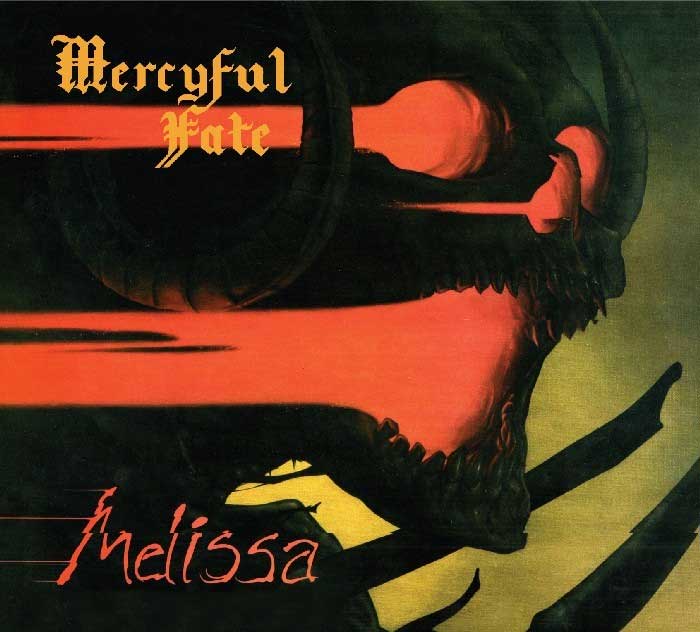
In March 1984, MERCYFUL FATE embarked on a UK tour together with fellow Music for Nations act MANOWAR. Alas, only one of eleven shows actually went ahead as planned – it seems the band-to-band collaboration did not run particularly smoothly.
– We were invited to play a double-bill tour around the UK with MANOWAR, but at the first show they treated us as if we were some small local support band. We were completely surprised, ‘Say what?’ They gave us terrible treatment, you know, standing there in the dressing room wearing their Tarzan costumes. At first, we were just laughing, ‘Look at these guys, this is too silly!’ But then we weren’t allowed to soundcheck and when we played, their crew sabotaged our sound in hopes of making MANOWAR look stronger. We saw this as very harmful for MERCYFUL FATE – ‘They’re gonna make us look like a small band!’ – so we decided to leave after only one gig. This incident actually ruined our possibilities in the UK for a long time because they managed to make us look like assholes.
MANOWAR spoke extensively, both on stage and in the press, about the Danish ‘pussies’. Four months later, they cemented further goodwill amongst British metalheads by naming their new album “Hail to England”.
– Kerrang! had a writer called Dave Dickson who was into Billy Idol, NEW YORK DOLLS, HANOI ROCKS and stuff like that. After the MANOWAR thing, as some kind of stupid punishment, they sent this asshole to interview King and review a MERCYFUL FATE show – just to make us look bad. Dave Dickson was not into heavy metal at all, he was just some tiny little guy with makeup; if anything, he looked like a small woman. And he hated metal, so no matter what we were gonna get a negative review. I believe that’s where we lost contact with the Kerrang! guys for some years, because they sided with MANOWAR.
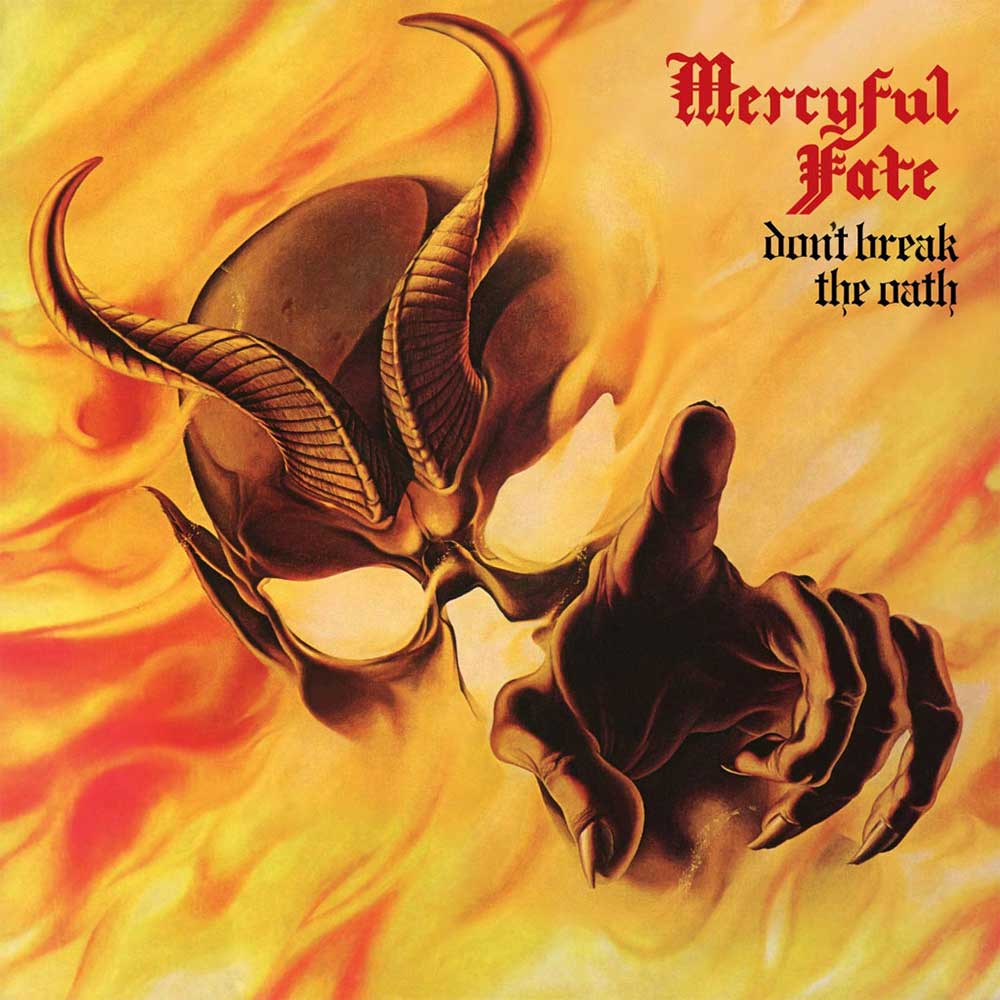
“Don’t Break the Oath”, the second MERCYFUL FATE album, was recorded in May 1984 and then went on sale the following September. What’s particularly noteworthy here is that this was during a time when thrash was all the rage, with the release of albums such as METALLICA’s “Ride the Lightning” and the ANTHRAX debut, “Fistful of Metal”. Nonetheless, “Don’t Break the Oath” was so epic and dark it broke through anyway.
– We had twice the amount of recording time, two weeks instead of one. It was the same studio as the first one, I think Roadrunner cut a deal with the guy and he had some more experience by then. I thought he got a bit closer with the guitar sound but, still, I’ve never been happy with that aspect of the early albums; it could’ve been done much, much better. Either way, they ended up becoming classics. With all the added time we were able to polish everything even further, giving it a bit more of this and a bit more of that – some keyboards and extra vocals and lead work to make it nicer.
Do you prefer this one over the debut?
– To be honest, “Melissa” is my personal favourite – that’s the masterpiece in my book. It’s deeper, doomier, more progressive… I mean, take “Satan’s Fall”; you won’t find this type of music on “Don’t Break the Oath”, it’s more melodic and easier to listen to. King‘s song-writing was quite different compared to Hank, and I always preferred Hank‘s riffs, you know? King wrote some good songs but it’s pretty basic stuff, whereas Hank‘s material was deeper and more sinister with darker notes. On “Melissa”, Hank and I said, ‘No, there should be no King Diamond song.’ He was able to include a few tracks on “Don’t Break the Oath”, but we weren’t too happy about it in the beginning.
The second album was an even bigger hit than the debut, lending MERCYFUL FATE some serious momentum. Up until this point, the band had essentially been living on the brink of starvation and financial ruin. Despite the relative success of “Melissa”, it was far from enough to generate a comfortable living.
– Before the touring for “Don’t Break the Oath” started, we were extremely poor. Kim Ruzz got an inheritance from an uncle who died, so he had some money and a house we could rehearse in but the rest of us were completely broke. We even had to make counterfeit bus tickets just to get anywhere. And sometimes we had to live on stale bread and share two old eggs between us.
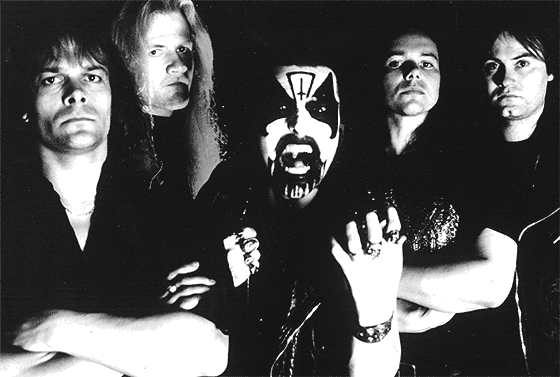
You toured the States with MOTÖRHEAD and EXCITER in December 1984 – how was that?
– It was a great experience – that tour turned me from child to man, if you know what I mean? Touring the US was a childhood dream but there were days when we had no food, having to choose between some sandwich bread or a pack of cigarettes because we had two dollars a day to live on. So, yeah, that was tough. Imagine heading out as a sailor on your maiden voyage and all the shipmates are big and aggressive guys. We were treated like dorks in the beginning, the MOTÖRHEAD crew just busted our balls. They said, ‘Okay, you small little Danish assholes, play and then get off the stage. Do as you’re told!’ So, it was a kinda scary moment at first, but we won them over. When the whole thing came to an end, we were like them; we became tough guys on that tour. There were so many things happening, you know? We were held at gunpoint in the Bronx, some guy pulled a gun and threatened us but our t-shirt man, Joe, was a Vietnam veteran. Yeah. He just pushed us aside and got in the guy’s face, ‘Shoot, you motherfucker. Shoot, shoot, shoot!’, and the guy with the gun ran away. It was extremely scary, something you only see in movies. This was the real shit.
The aforementioned merchandise mercenary was also kind enough to assist the band when funds were almost depleted – by facilitating the loan of a large sum of money from the New York mafia.
– I wasn’t directly involved in this but knew what was going on. The mafia loaned us a lot of money so we’d be able to continue the tour; but, as you know, borrow money from the mafia and you’ll be paying interest. A few of these mafiosos came by one of our shows, just to check in on their investment – that we were still there and doing our job so they could get their money back. They sent some gorillas as a way of saying, ‘Don’t mess around with us.’ Then, we would get in deep, deep trouble, you know, and it was quite scary for a twenty-four-year-old kid from Copenhagen. There were a lot of incidents like that, the dark side of life came to the surface on this tour. You know, there were fights among band members, some were overdosing on pills, people had nervous breakdowns, got drunk, or didn’t return to play the show because they were out in town somewhere with a girl.
I’m actually quite surprised to hear this, given King Diamond’s career-long outspoken anti-drug stance.
– He didn’t have the power at that point. I mean, we were just five guys – no one was boss. If King said, ’I don’t like this!’, you’d go, ‘Okay, so what?’ There was no leader. I believe Hank, King, and myself had a bit more to say because we made all the music but there was no boss; we were like five friends. But sometimes these five guys on a tour bus for two months… they turn into enemies. Fights break out and people start crying and sobbing and going crazy. So many things happened on this tour, it was a tough one. But it made me a man.
It appears to have been during this tour the split between King and Hank started to become apparent. For instance, King mentioned in several contemporary interviews that Hank had started listening to funk music and taken up wearing pink jogging suits. Meanwhile, the band had commenced work on what was supposed to be their third album.
– Hank was getting increasingly fed up with heavy metal; he’d grown tired of it and wanted to try something different. He was a cute-looking guy at that point, you know, a lot of girls were into Hank. So, yeah, he decided to create a band where all the guys looked kind of the same – playing softer, radio-friendly music. So, Hank had his plan and I could feel the tension between him and King. At the same time, King wanted control and to take the boss position and do his own music. He’s always been highly productive so he was, of course, very disappointed about not being able to bring in his own material. So, just as we were on the verge of our big break, the band was at the very worst point and these two guys couldn’t cope. They couldn’t work together, man, and I was stuck in the middle. One was tired of playing metal and more into pop rock and the other just wanted to do his own songs.
Another issue the band had to contend with was the dreadful multi-album contract they’d signed with Roadrunner early in their career.
– King said, ‘Okay, MERCYFUL FATE is no more, so now we can make a new deal with a much better percentage. I’ll get us a much better share, much better deal, but the band is now called KING DIAMOND.’ Then he invited me and Timi and said, ‘I don’t want Hank there and I don’t want Kim Ruzz. It’s up to you guys to decide if you want to join me or go do something else.’ I accepted because I wanted to continue playing heavy metal, not radio DEF LEPPARD rock. So, I said to King, ‘I will join your band but, as a favour, I will play a few solos on Hank‘s album, just to make things nice.’ That was the deal, then we could continue working.
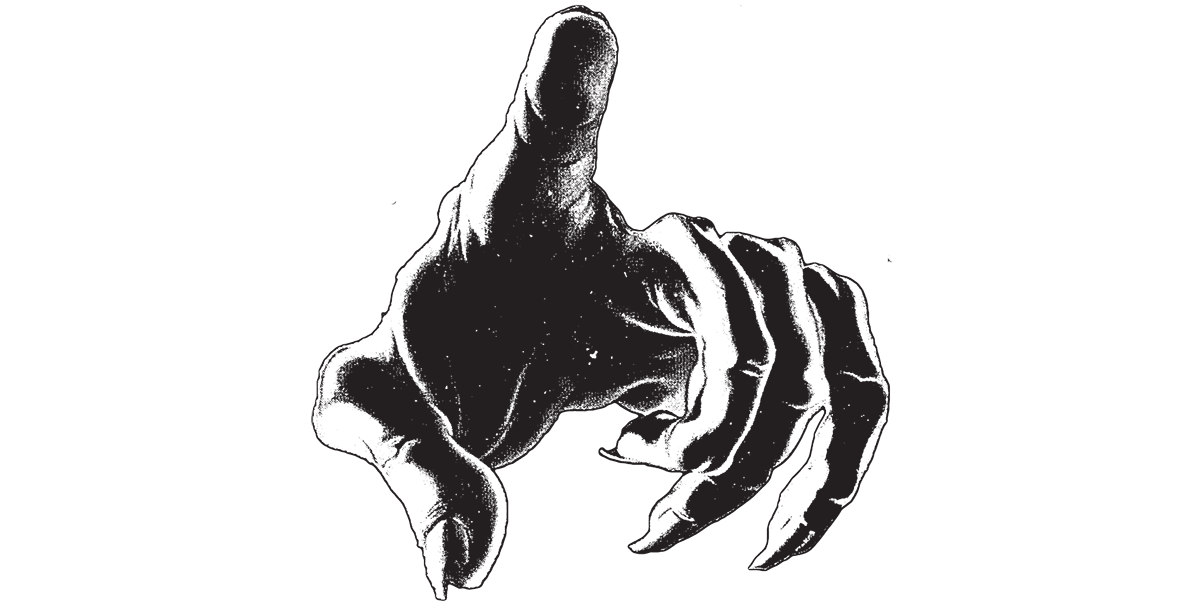
The was an excerpt from the full article, which is twice as long and published in Bardo Methodology #6. The same issue also includes conversations with FUNERAL MIST, DEAD CAN DANCE, DEATHSPELL OMEGA, SUNN O))), MYSTICUM, ADORIOR, Metalion, Dave Haley, OFDRYKKJA, NECROS CHRISTOS, TEITANBLOOD, and Wim Hof.



